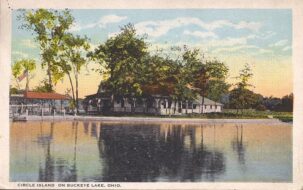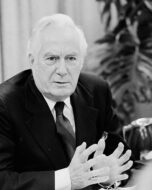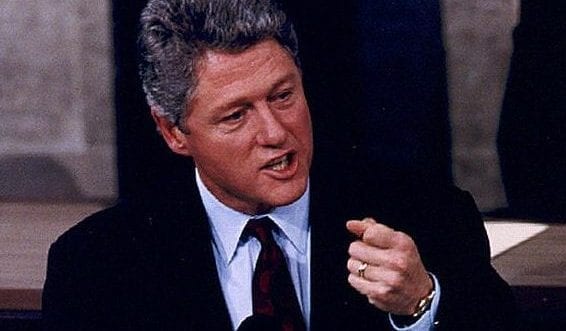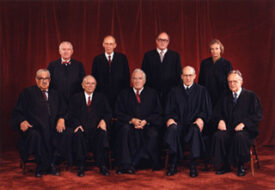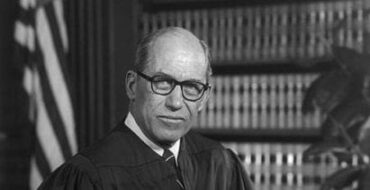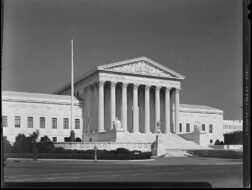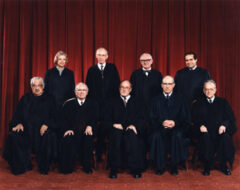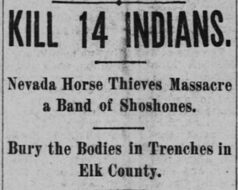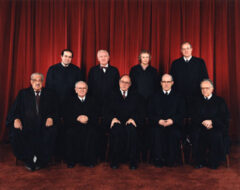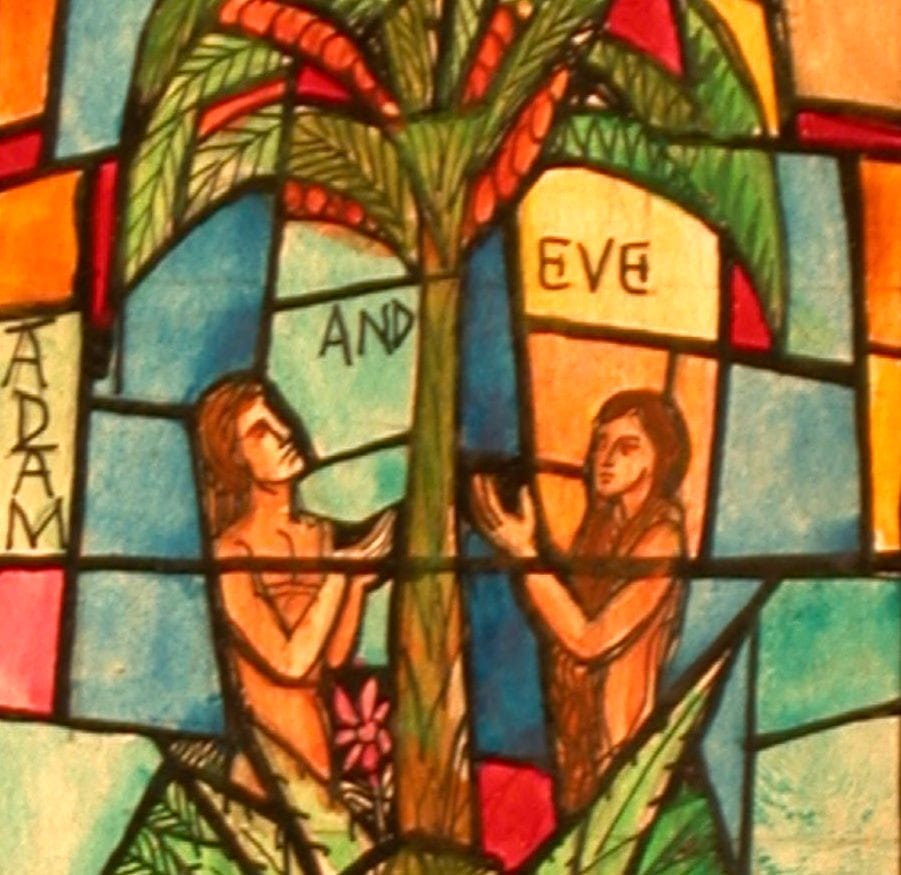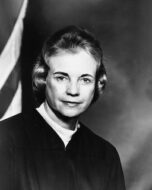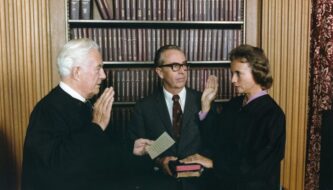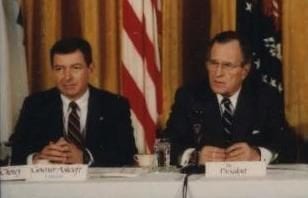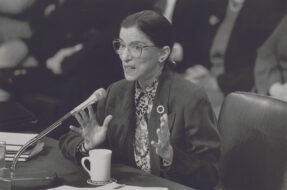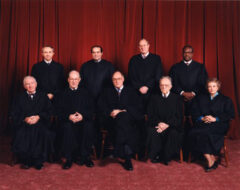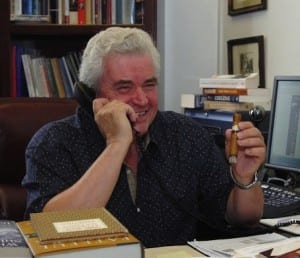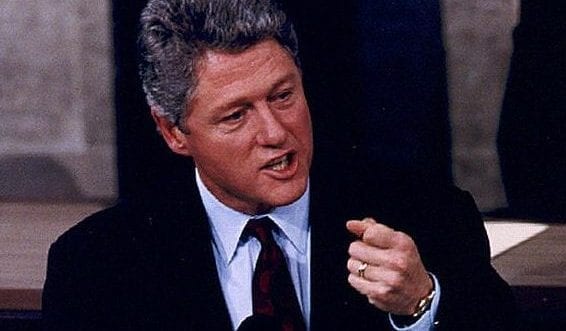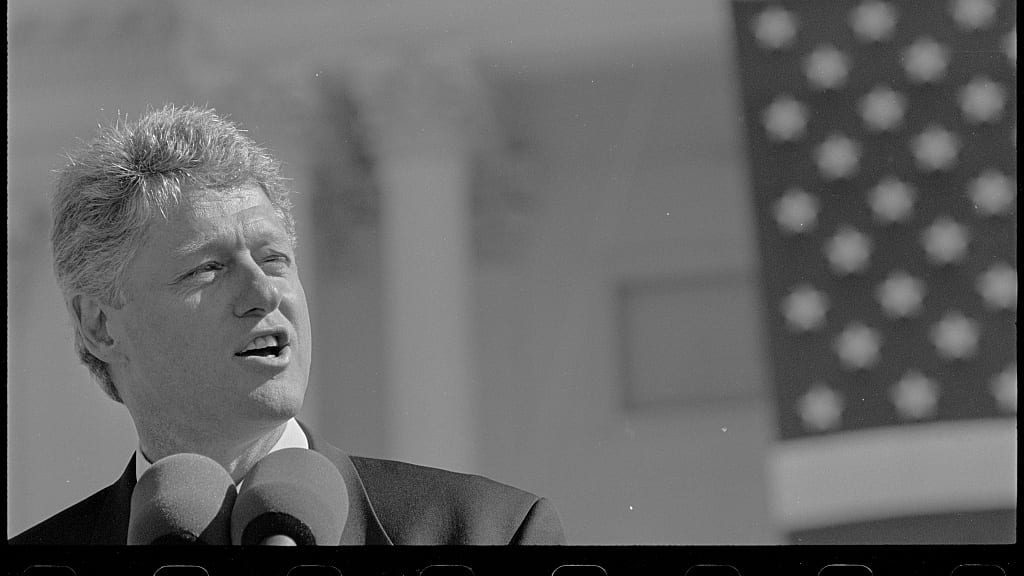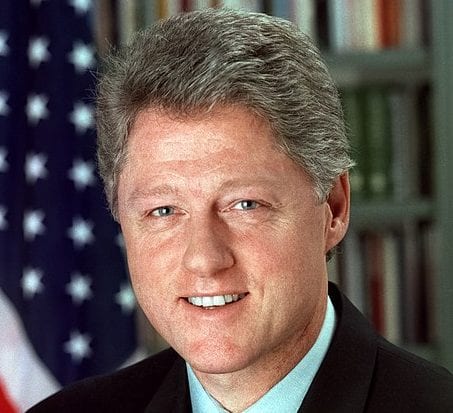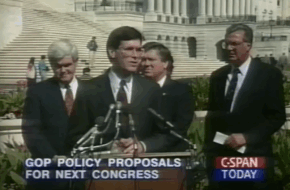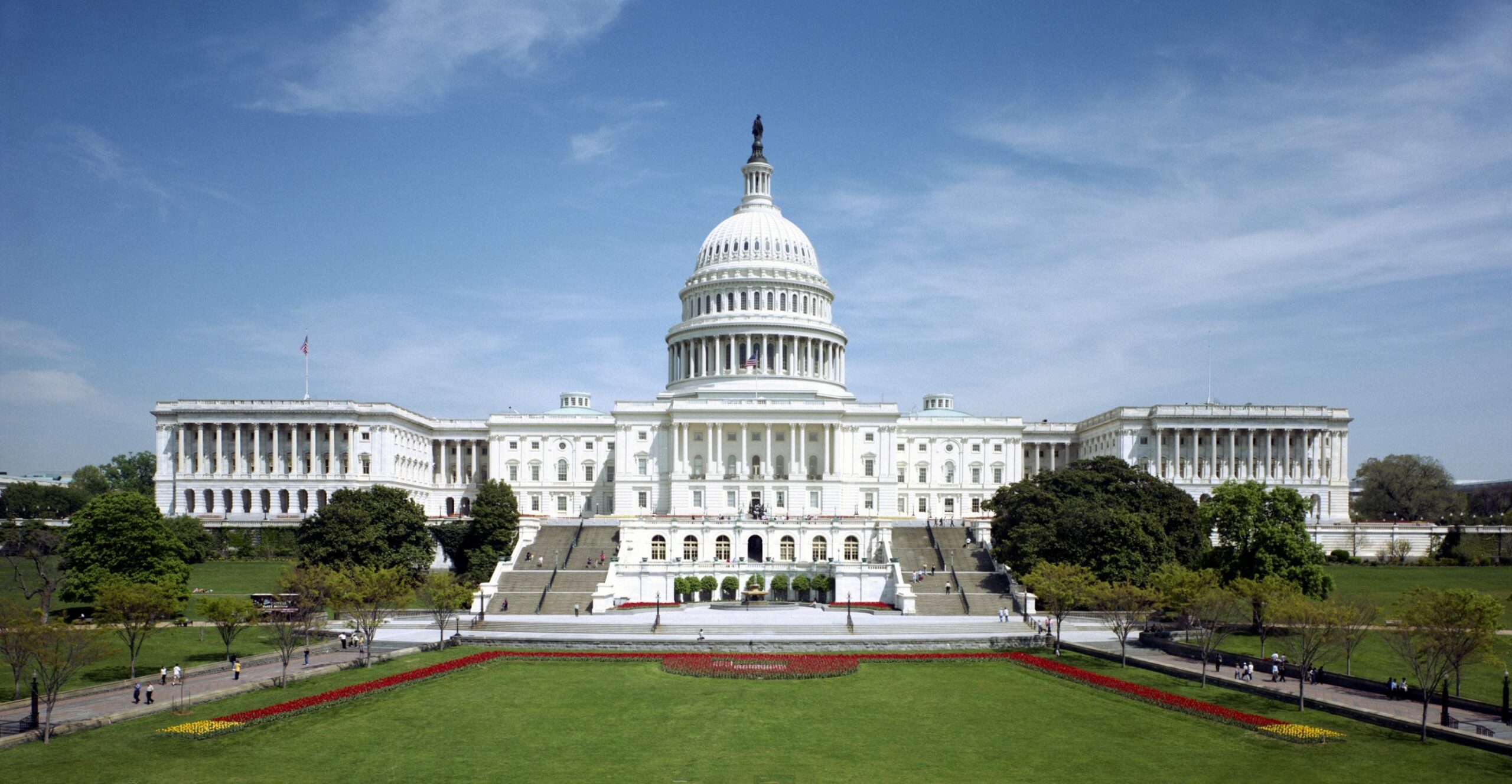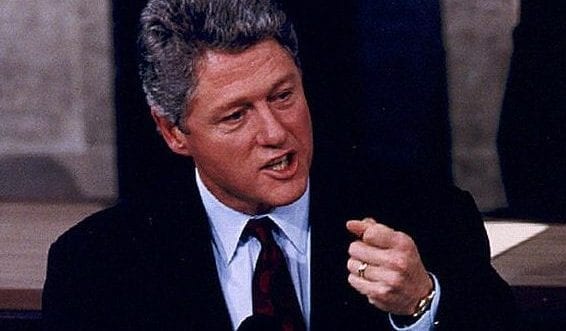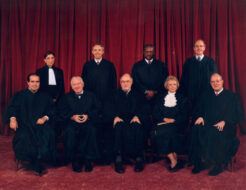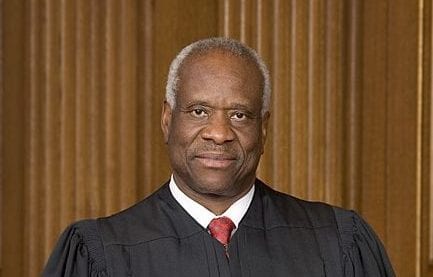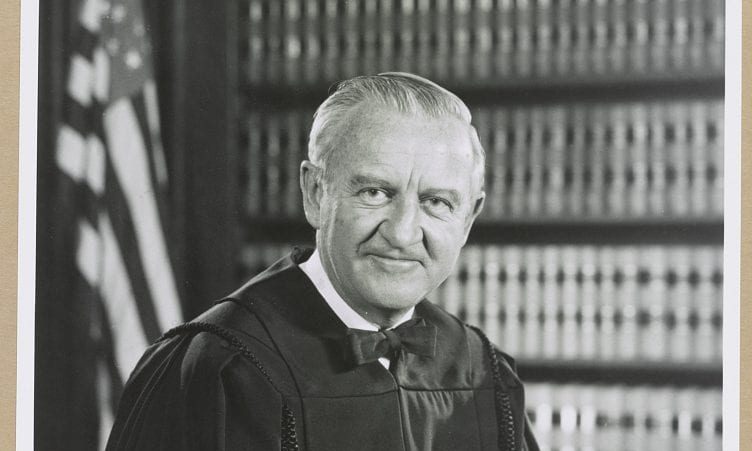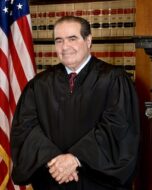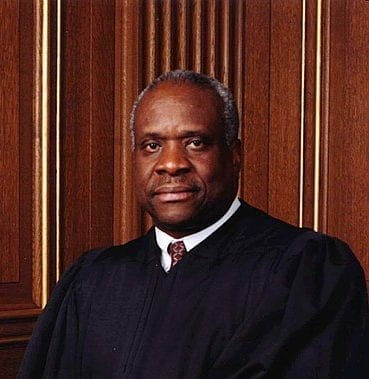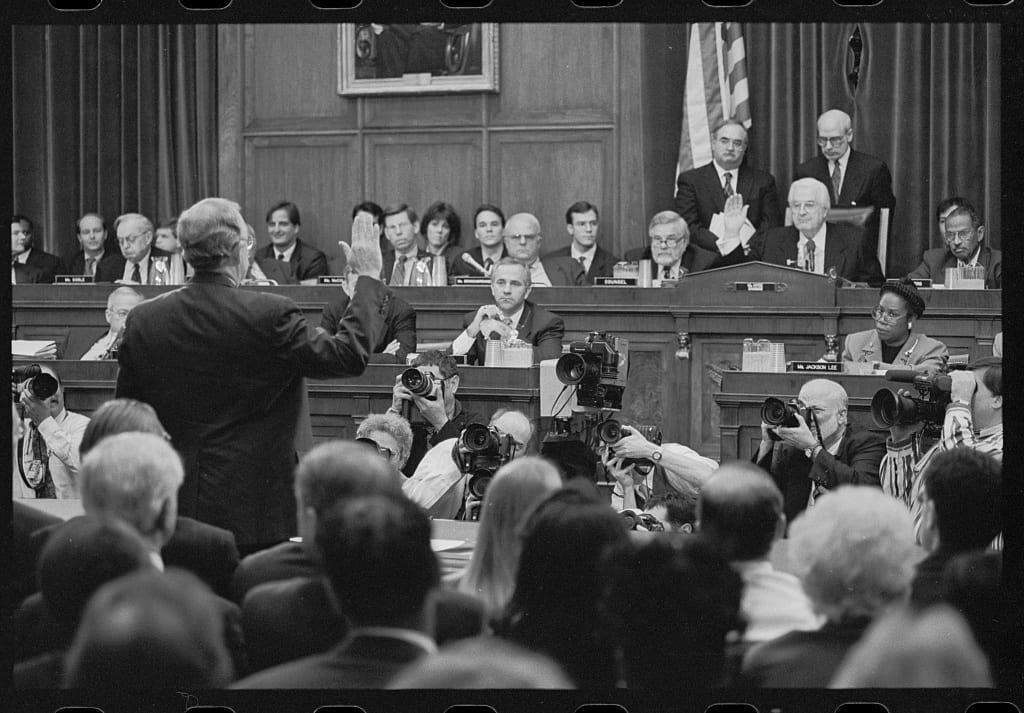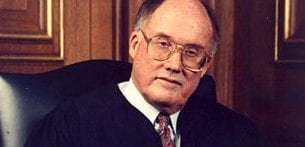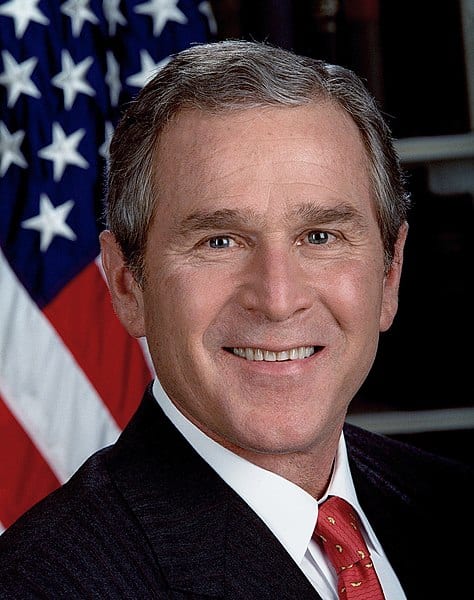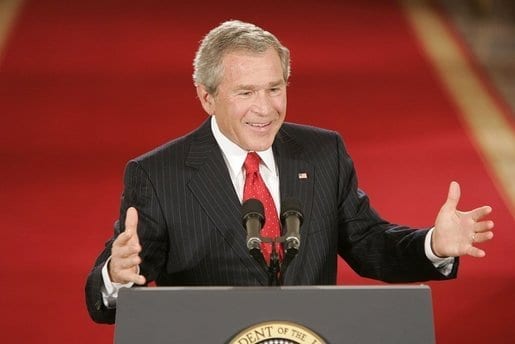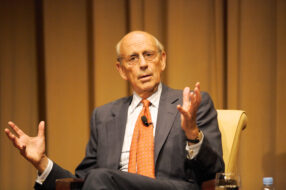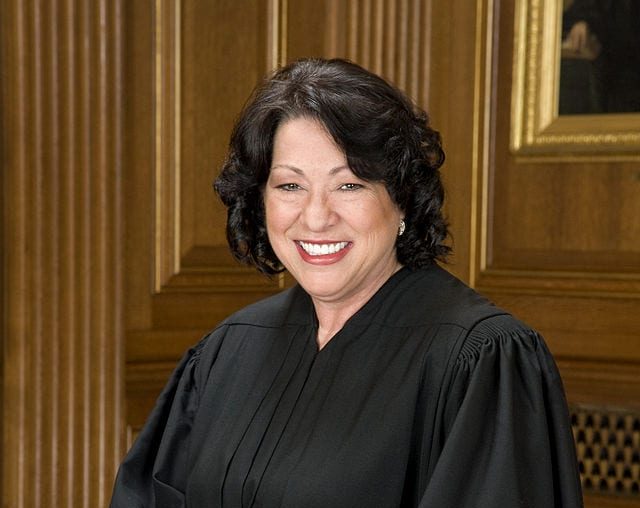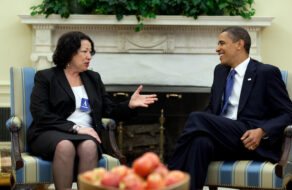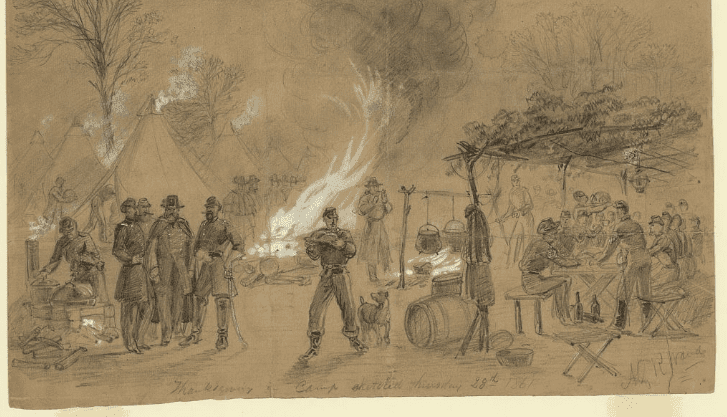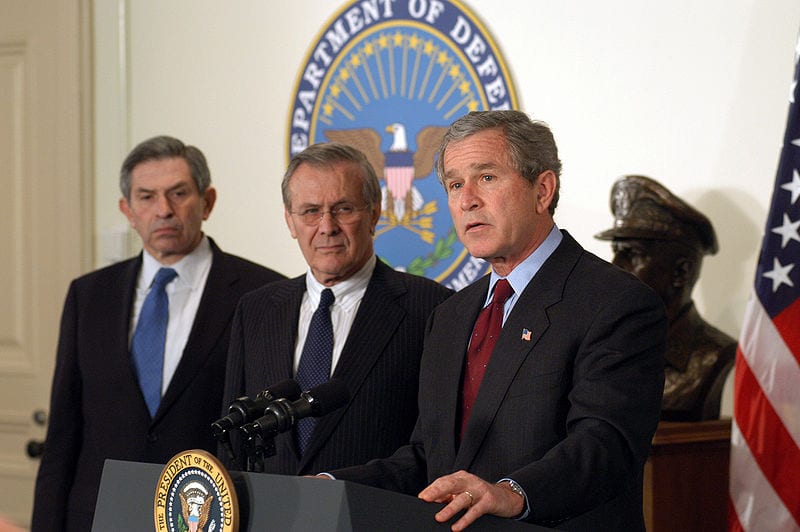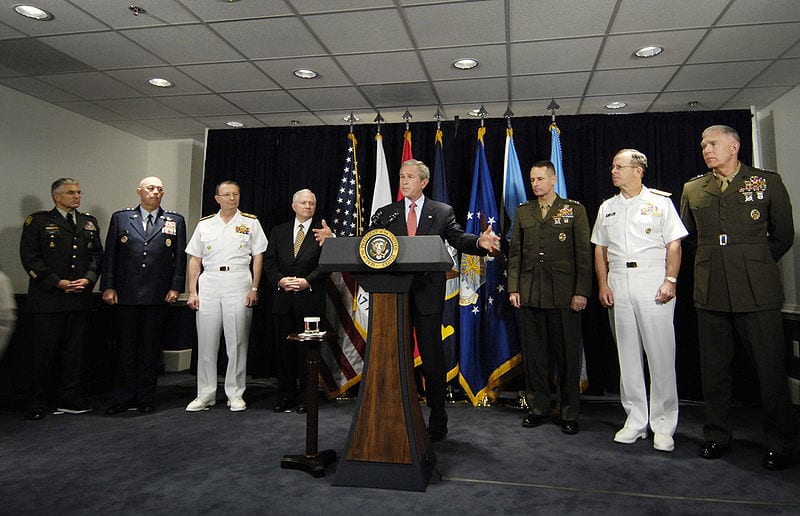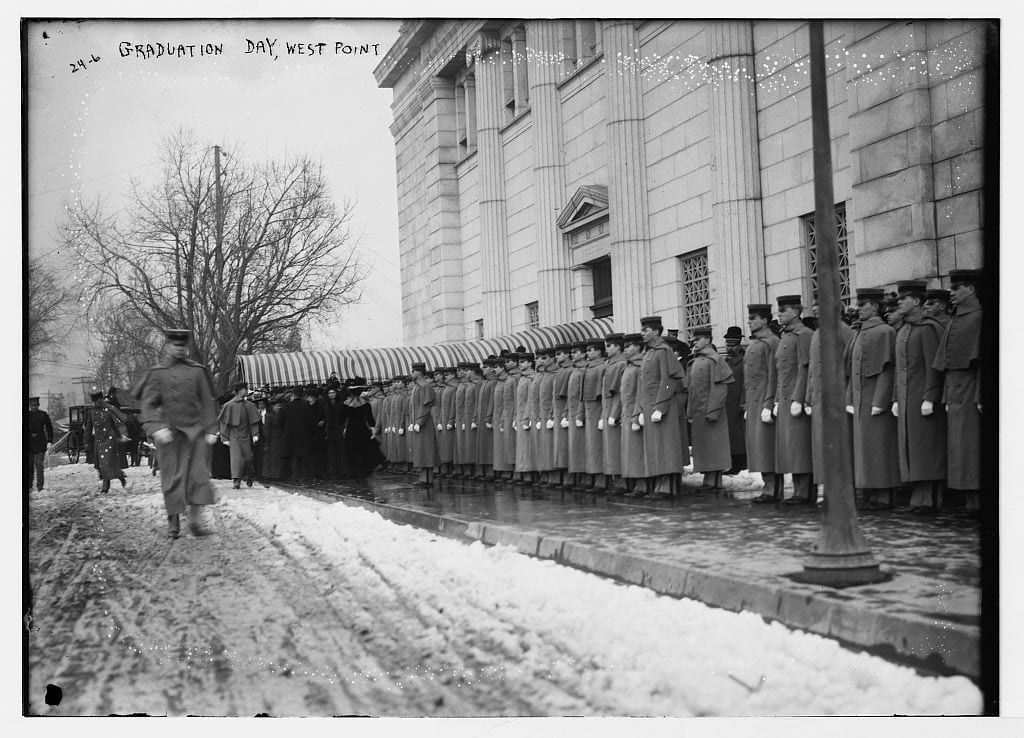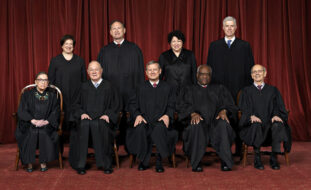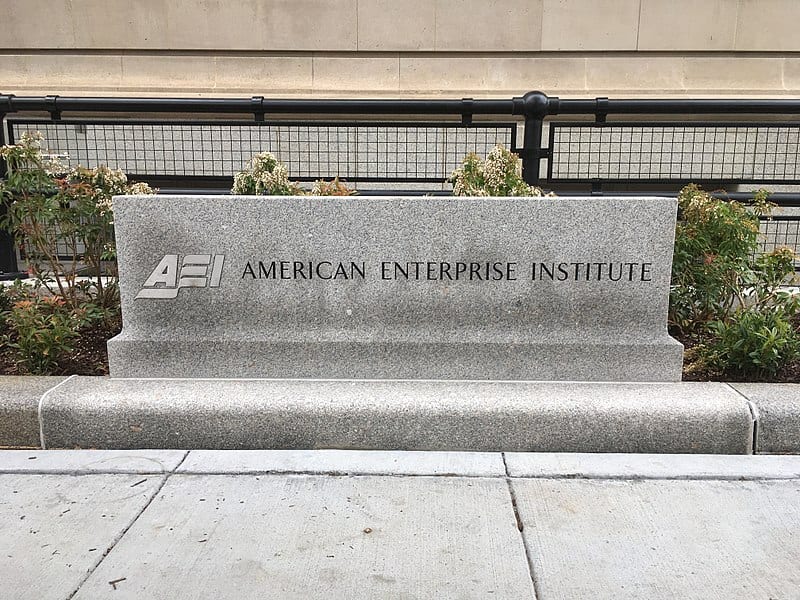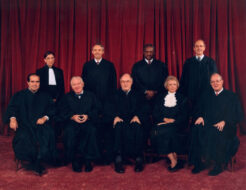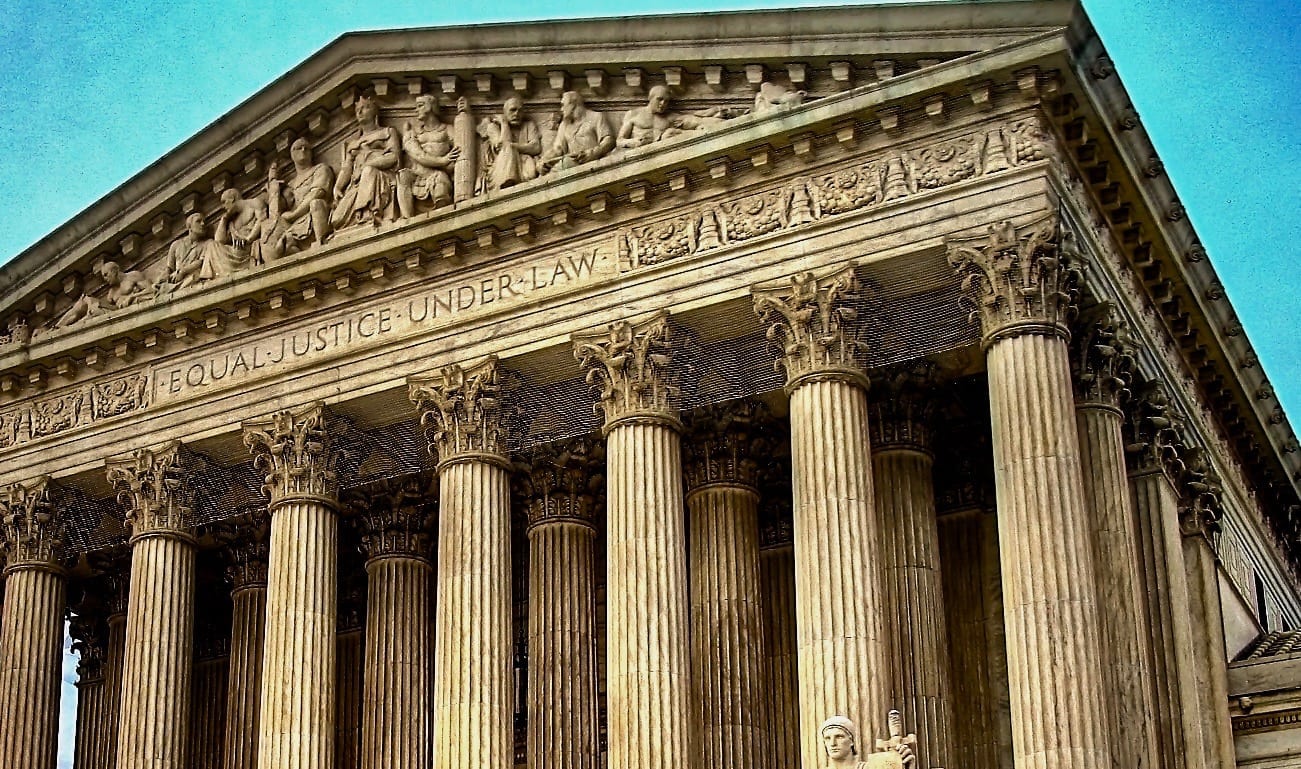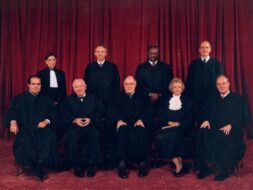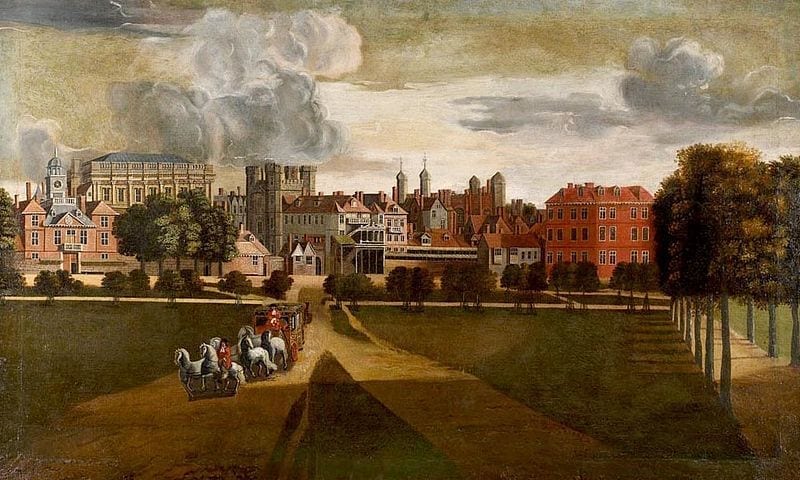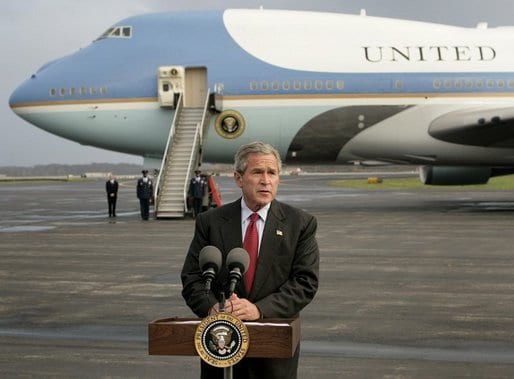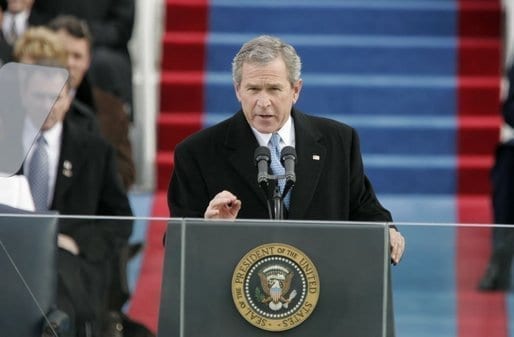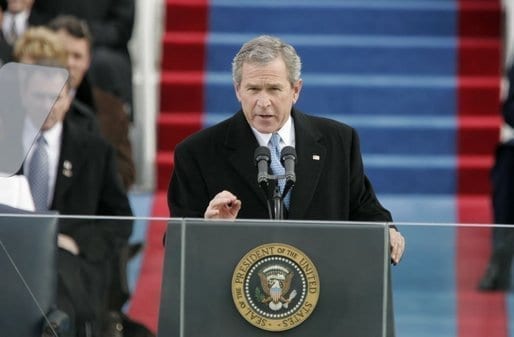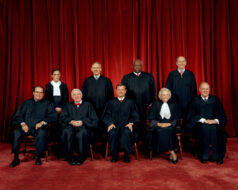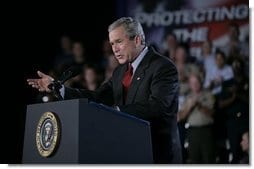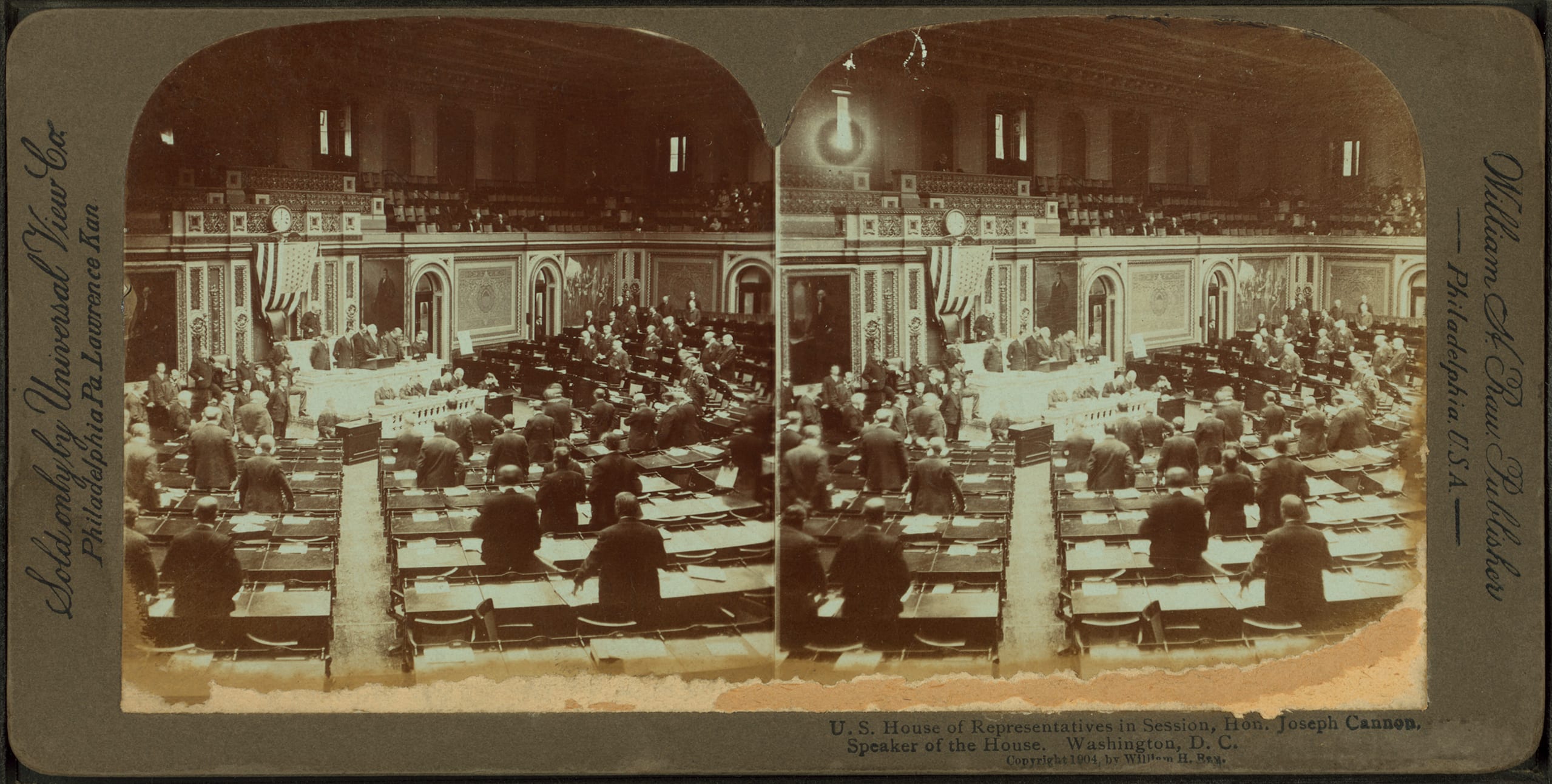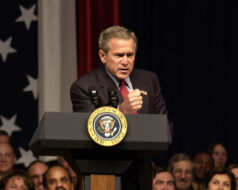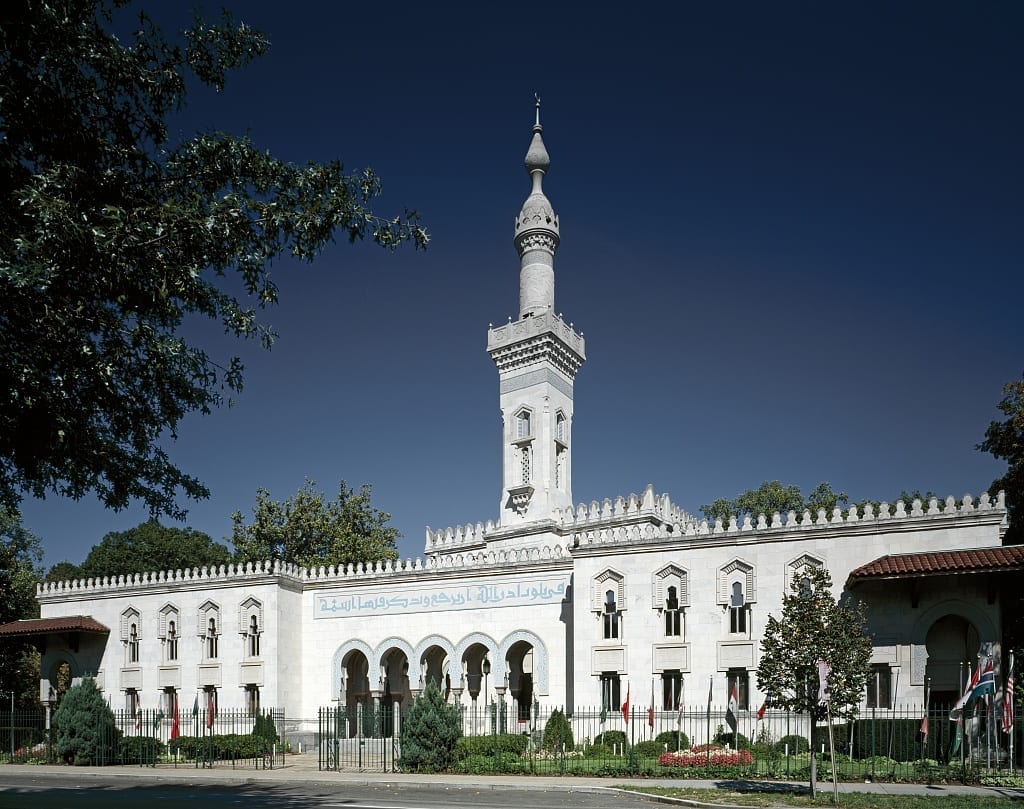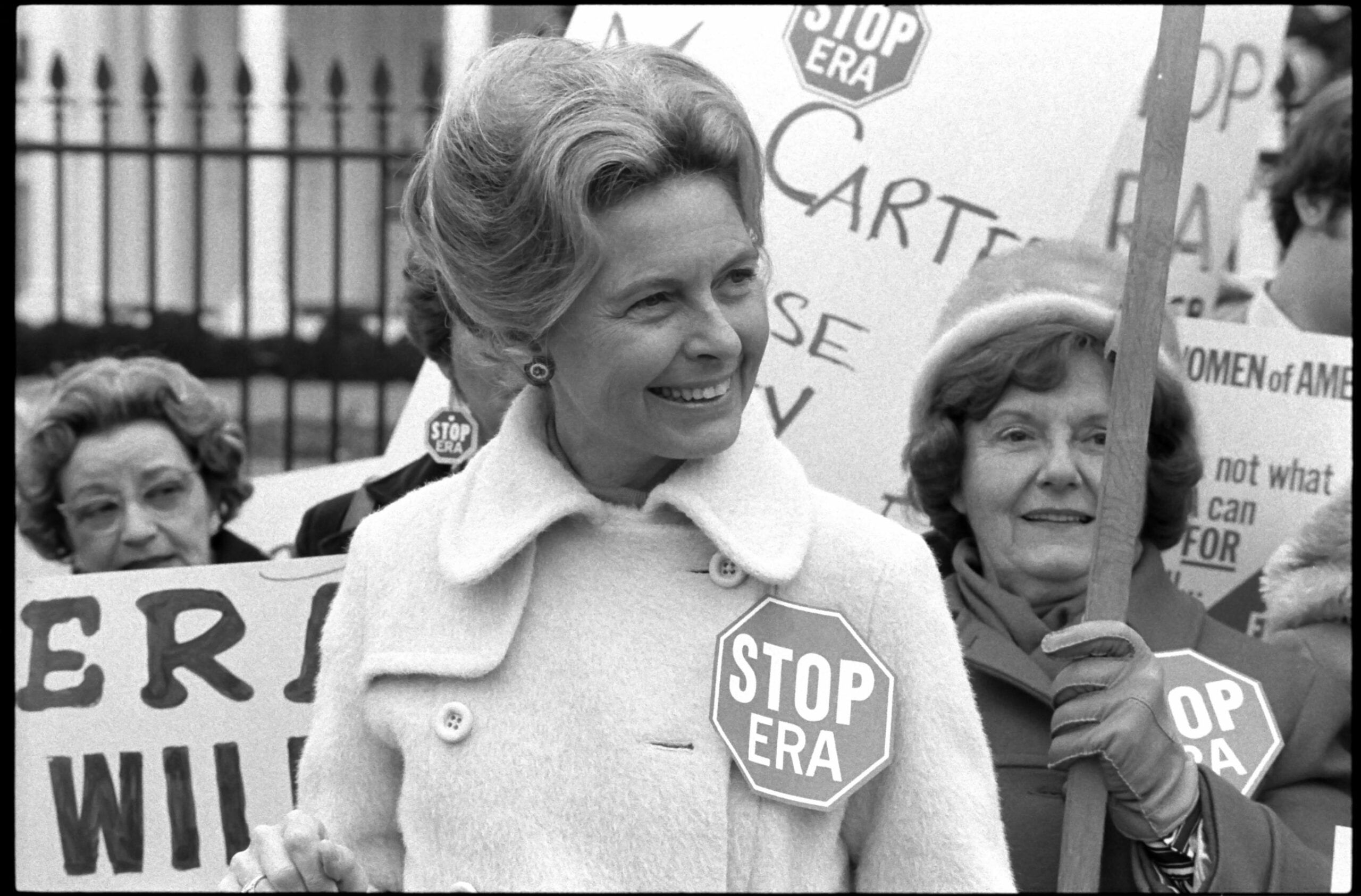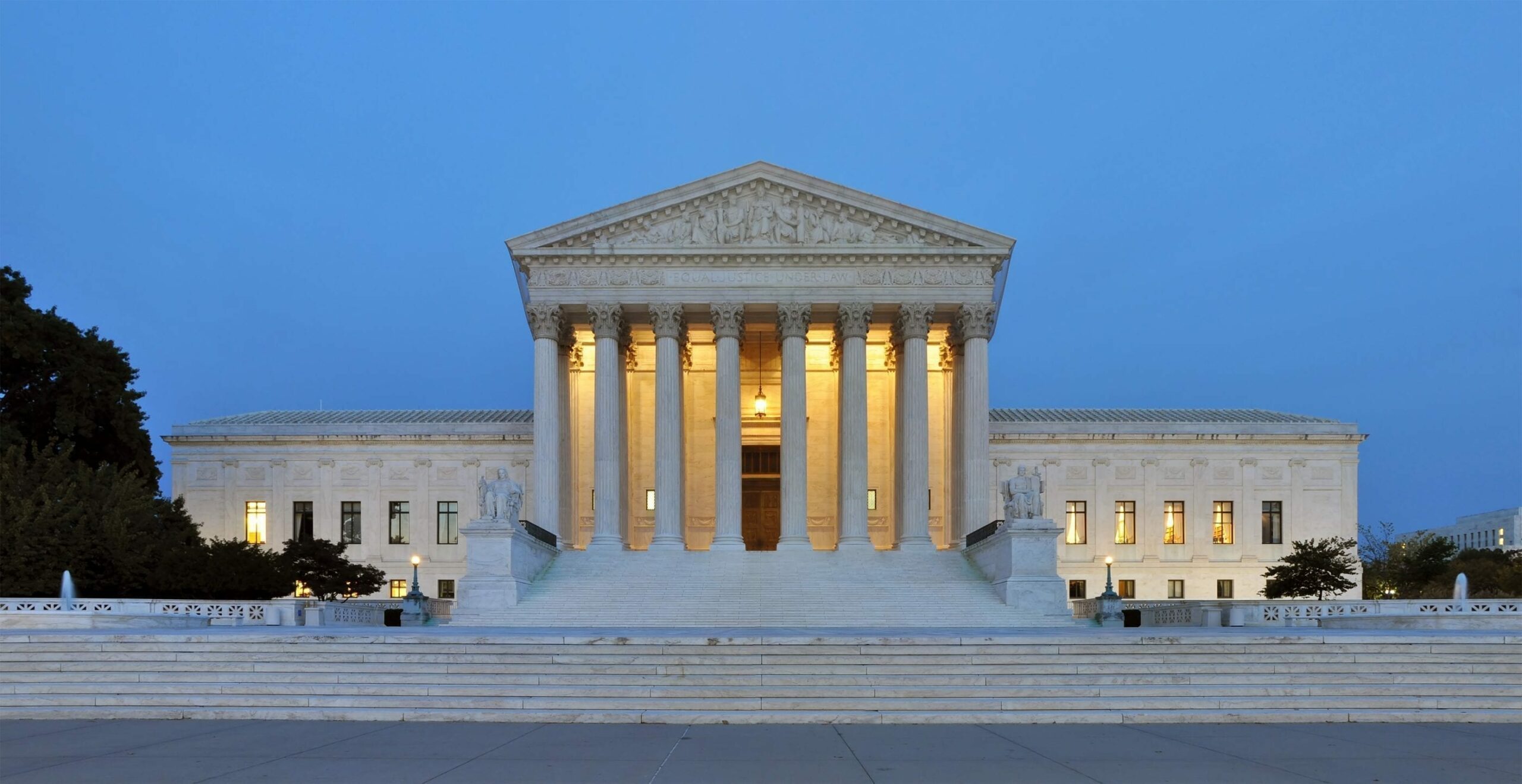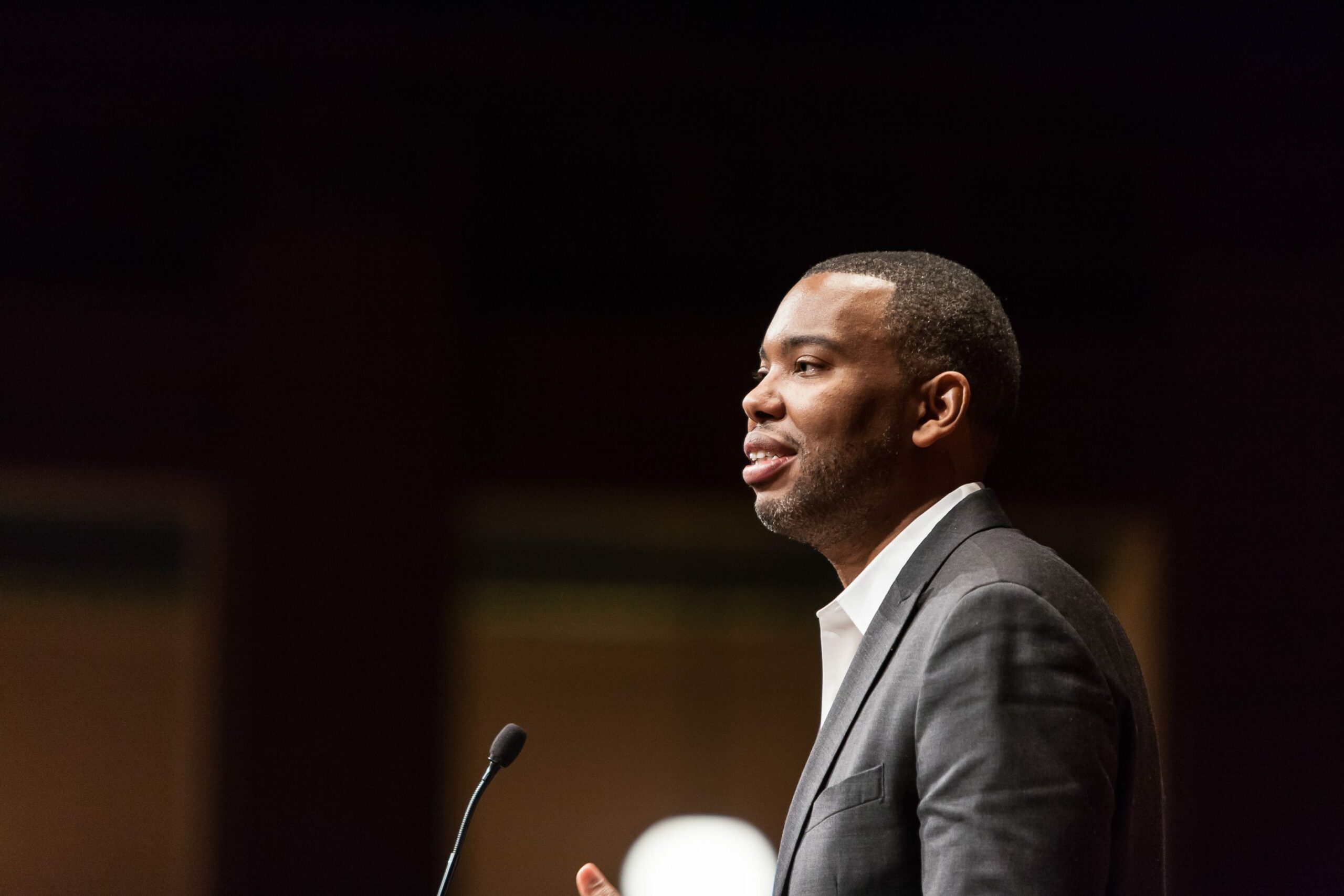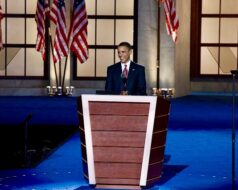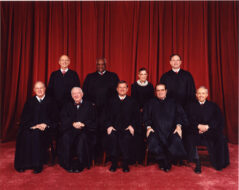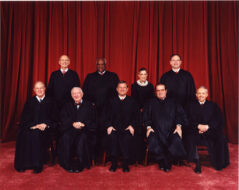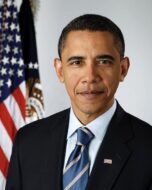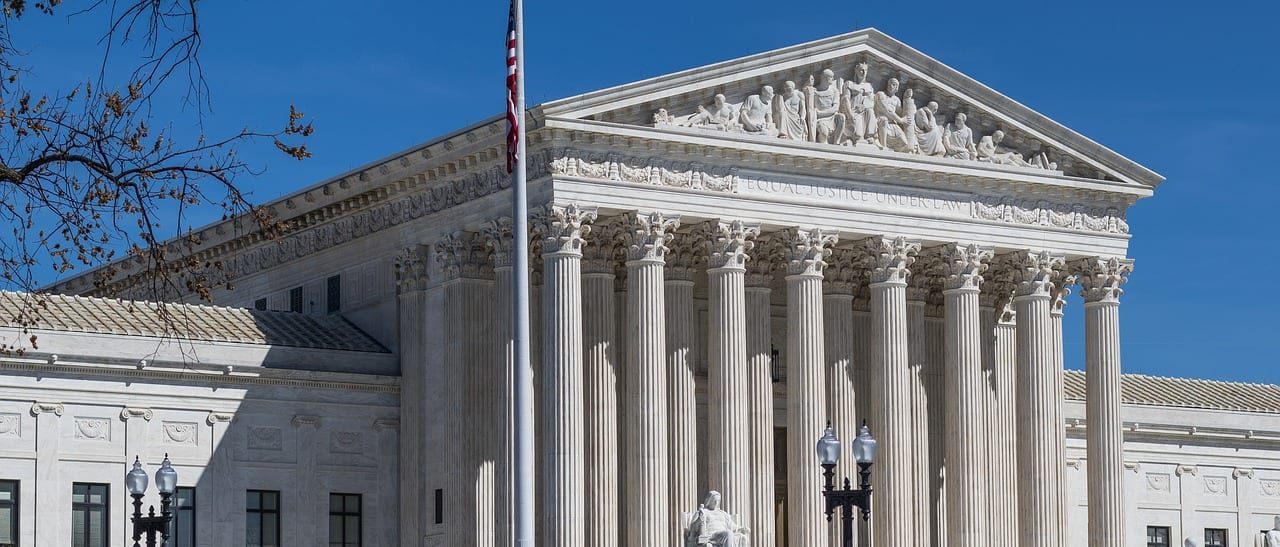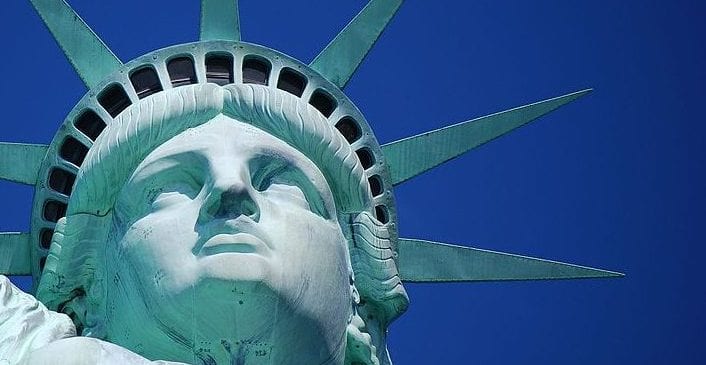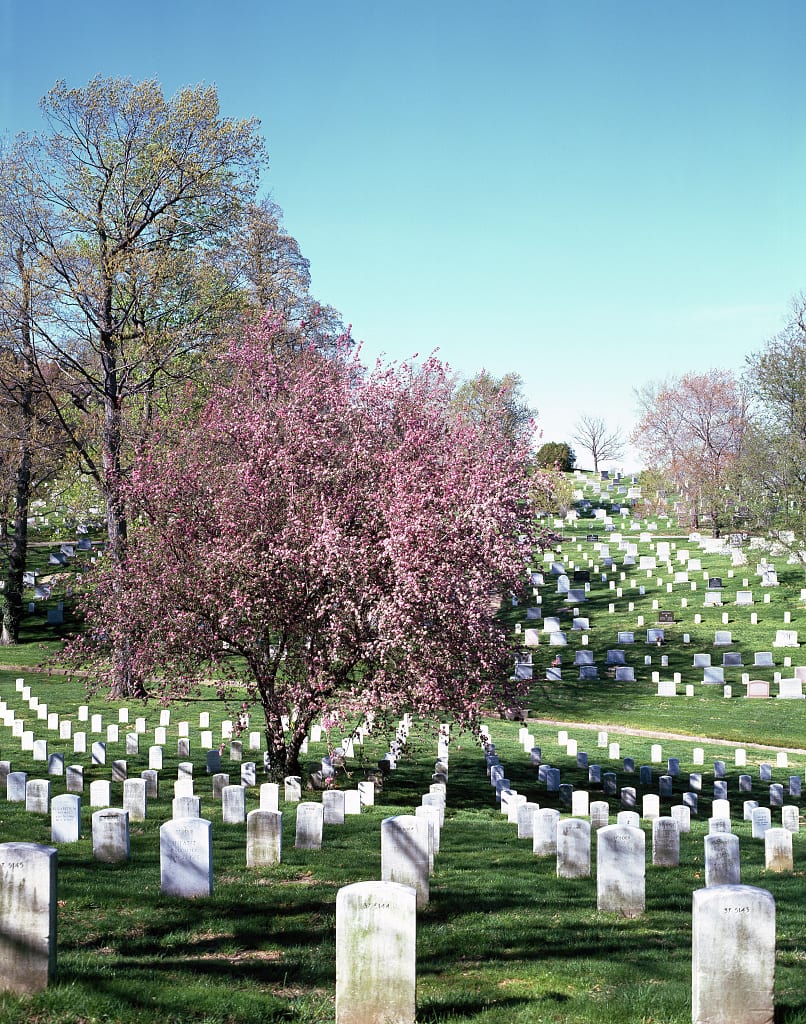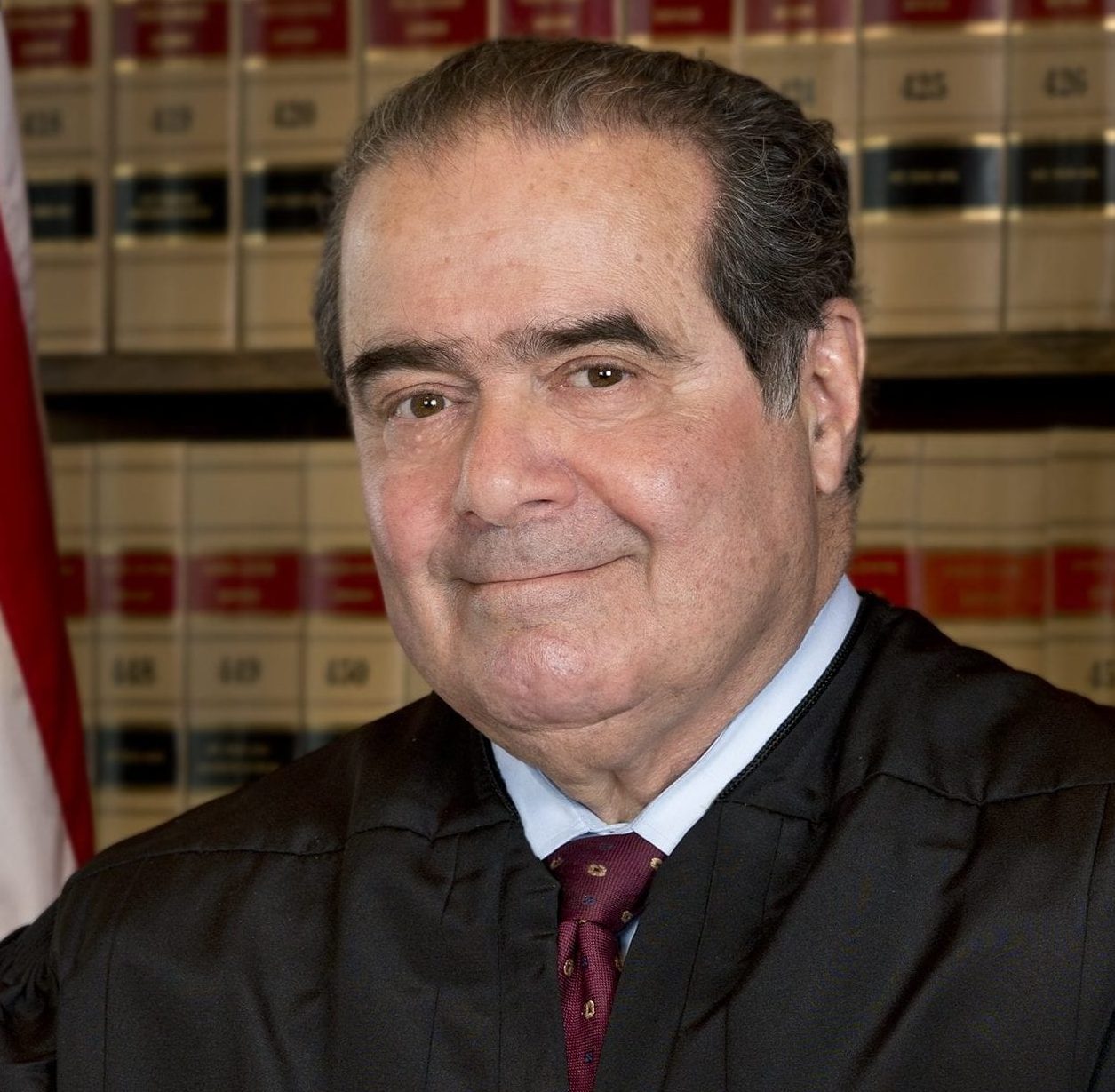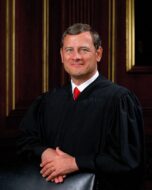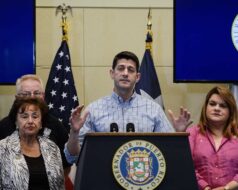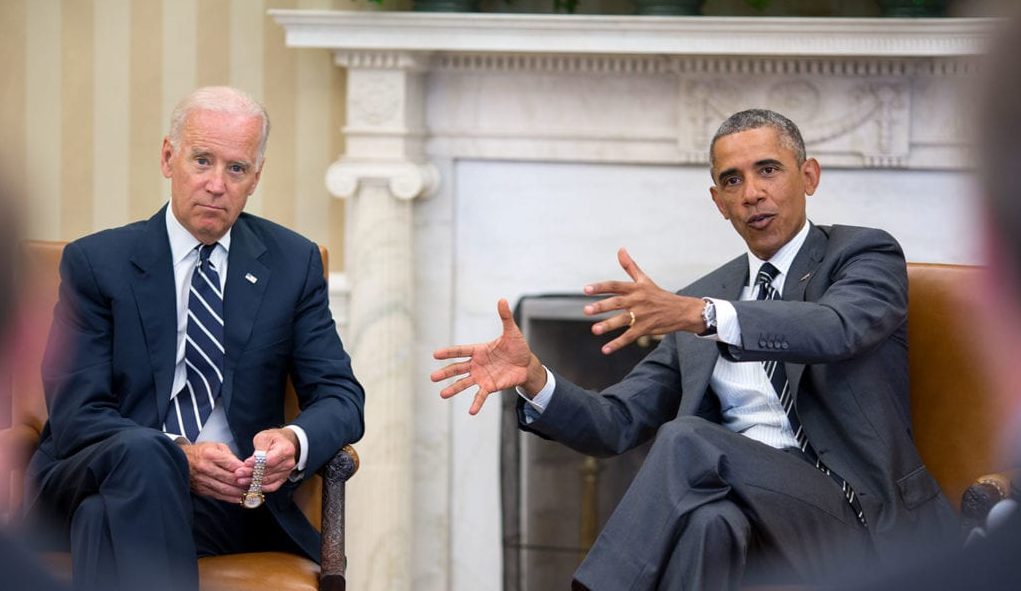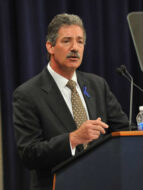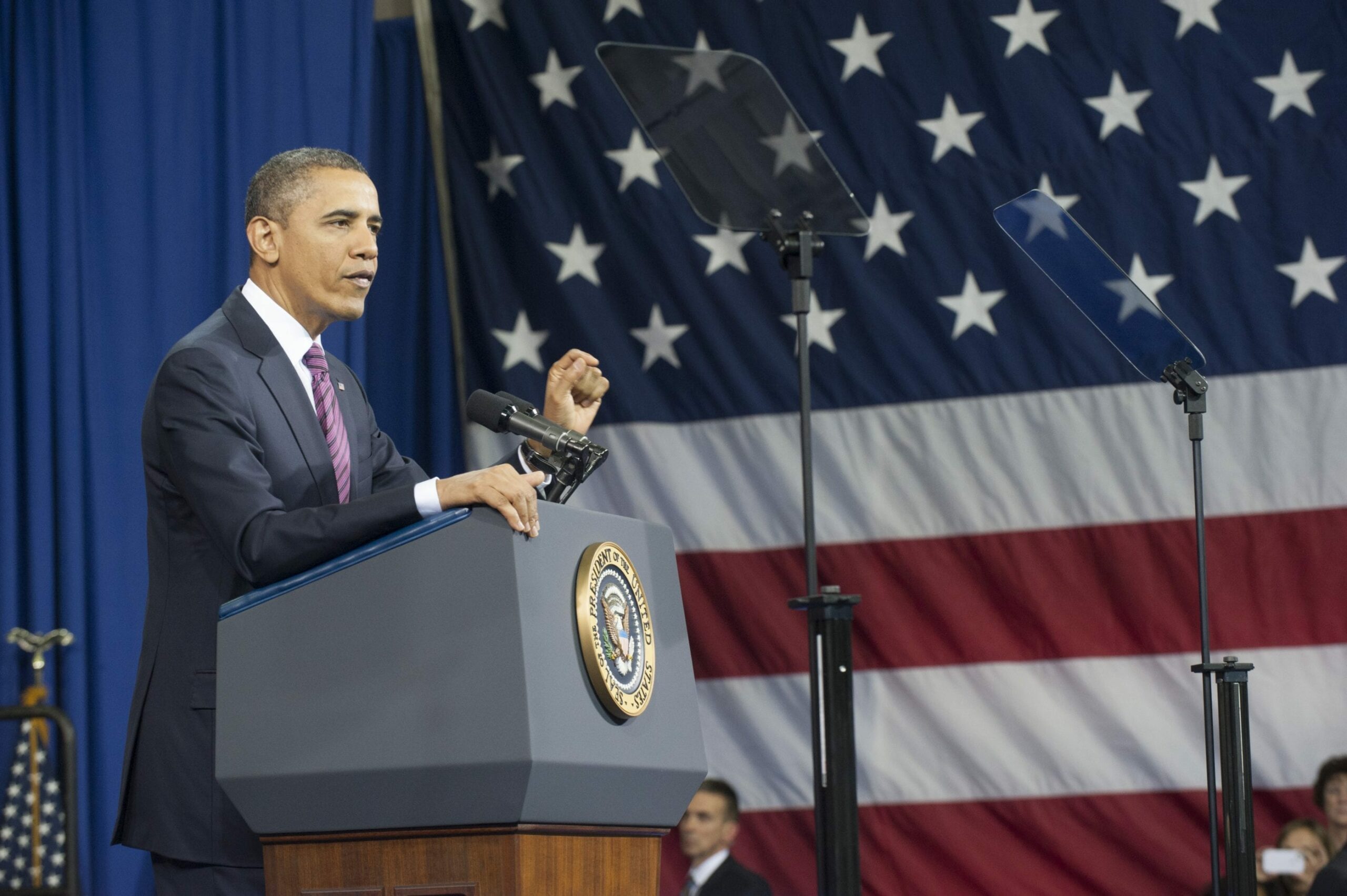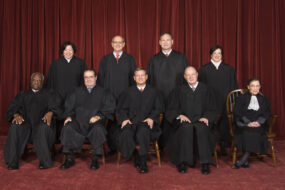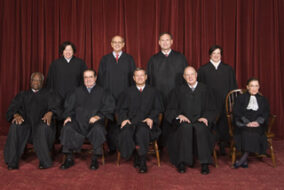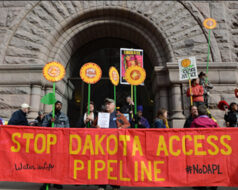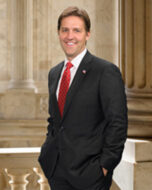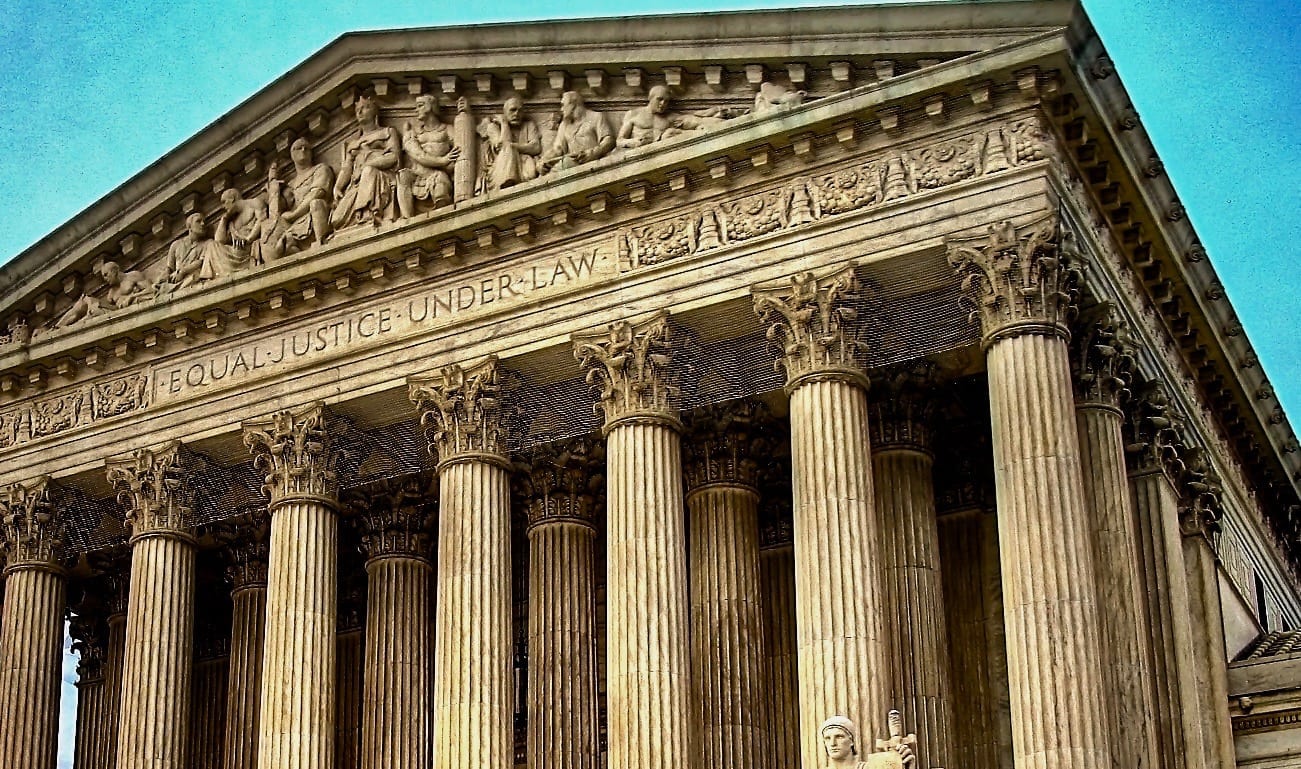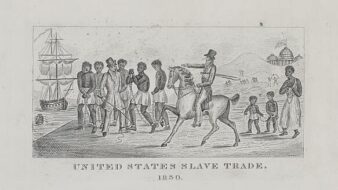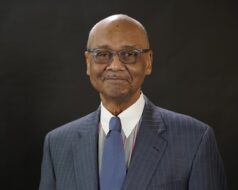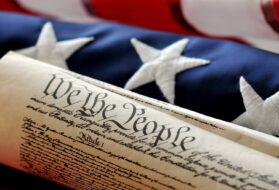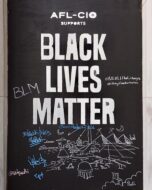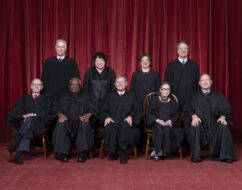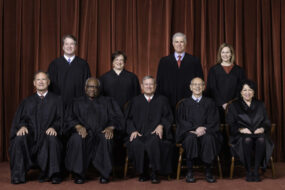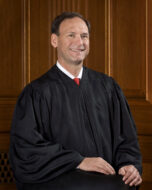


Introduction
This seminal case, decided 8 to 1, affirmed the unity between the First Amendment freedoms of religious exercise and of speech. Given this unity of fundamental rights, the Court ruled, a public university must respect both rights in the way it allows its facilities to be used after hours by private groups. The Court has divided in 5-4 cases over applications of Widmar to specific groups, extending its open forum principle to university funding of student groups in Rosenberger v. Rector and Visitors of the University of Virginia (515 U.S. 819, 1995). More recently, in Christian Legal Society Chapter of the University of California, Hastings School of Law v. Martinez (561 U.S. 661, 2010) the Court decided that the student Christian group could not require its members to be Christians and thus it might not receive funding. But Widmar’s fundamental principle that private religious discourse is constitutionally protected speech remains in effect. Moreover, this nondiscrimination principle also expanded government financial aid to religious schools when applying the Lemon test (see Lemon v. Kurtzman).
Justice Lewis F. Powell Jr.’s opinion provides the facts of the case, which takes its name from one of the students involved, Clark Vincent, and the name of the Dean of Students, Gary Widmar, of the school Vincent attended.
Source: 454 U.S. 263, https://www.law.cornell.edu/supremecourt/text/454/263. We include excerpts of Justice Powell’s opinion for the Court. We omit Justice John Paul Stevens’ concurrence and Justice Byron R. White’s dissent. Footnotes added by the editors are preceded by “Ed. note.”
JUSTICE POWELL delivered the opinion of the Court.
This case presents the question whether a state university, which makes its facilities generally available for the activities of registered student groups, may close its facilities to a registered student group desiring to use the facilities for religious worship and religious discussion.
I
It is the stated policy of the University of Missouri at Kansas City [UMKC] to encourage the activities of student organizations. The university officially recognizes over 100 student groups. It routinely provides university facilities for the meetings of registered organizations. Students pay an activity fee of $41 per semester (1978-1979) to help defray the costs to the university.
From 1973 until 1977, a registered religious group named Cornerstone regularly sought and received permission to conduct its meetings in university facilities.[1] In 1977, however, the university informed the group that it could no longer meet in University buildings. The exclusion was based on a regulation, adopted by the Board of Curators in 1972, that prohibits the use of University buildings or grounds “for purposes of religious worship or religious teaching.”
Eleven university students, all members of Cornerstone, brought suit to challenge the regulation in the Federal District Court for the Western District of Missouri. They alleged that the University’s discrimination against religious activity and discussion violated their rights to free exercise of religion, equal protection, and freedom of speech under the First and Fourteenth Amendments to the Constitution of the United States. . . .
II
Through its policy of accommodating their meetings, the university has created a forum generally open for use by student groups. Having done so, the university has assumed an obligation to justify its discriminations and exclusions under applicable constitutional norms. The Constitution forbids a state to enforce certain exclusions from a forum generally open to the public, even if it was not required to create the forum in the first place. . . .
Here, UMKC has discriminated against student groups and speakers based on their desire to use a generally open forum to engage in religious worship and discussion. These are forms of speech and association protected by the First Amendment. In order to justify discriminatory exclusion from a public forum based on the religious content of a group’s intended speech, the university must therefore satisfy the standard of review appropriate to content-based exclusions. It must show that its regulation is necessary to serve a compelling state interest, and that it is narrowly drawn to achieve that end.
III
In this case, the university claims a compelling interest in maintaining strict separation of church and state. It derives this interest from the “Establishment Clauses” of both the federal and Missouri Constitutions.
A
The university first argues that it cannot offer its facilities to religious groups and speakers on the terms available to other groups without violating the Establishment Clause of the Constitution of the United States. We agree that the interest of the university in complying with its constitutional obligations may be characterized as compelling. It does not follow, however, that an “equal access” policy would be incompatible with this Court’s Establishment Clause cases. Those cases hold that a policy will not offend the Establishment Clause if it can pass a three-pronged test:
First, the [governmental policy] must have a secular legislative purpose; second, its principal or primary effect must be one that neither advances nor inhibits religion . . . ; finally, the [policy] must not foster “an excessive government entanglement with religion.” Lemon v. Kurtzman.[2]
In this case, two prongs of the test are clearly met. Both the district court and the court of appeals held that an open forum policy, including nondiscrimination against religious speech, would have a secular purpose and would avoid entanglement with religion. But the district court concluded, and the university argues here, that allowing religious groups to share the limited public forum would have the “primary effect” of advancing religion.
The university’s argument misconceives the nature of this case. The question is not whether the creation of a religious forum would violate the Establishment Clause. The University has opened its facilities for use by student groups, and the question is whether it can now exclude groups because of the content of their speech. In this context, we are unpersuaded that the primary effect of the public forum, open to all forms of discourse, would be to advance religion.
We are not oblivious to the range of an open forum’s likely effects. It is possible—perhaps even foreseeable—that religious groups will benefit from access to university facilities. But this Court has explained that a religious organization’s enjoyment of merely “incidental” benefits does not violate the prohibition against the “primary advancement” of religion.
We are satisfied that any religious benefits of an open forum at UMKC would be “incidental” within the meaning of our cases. Two factors are especially relevant.
First, an open forum in a public university does not confer any imprimatur of state approval on religious sects or practices. As the court of appeals quite aptly stated, such a policy “would no more commit the University . . . to religious goals” than it is “now committed to the goals of the Students for a Democratic Society, the Young Socialist Alliance,” or any other group eligible to use its facilities.
Second, the forum is available to a broad class of nonreligious, as well as religious, speakers; there are over 100 recognized student groups at UMKC. The provision of benefits to so broad a spectrum of groups is an important index of secular effect. If the Establishment Clause barred the extension of general benefits to religious groups, “a church could not be protected by the police and fire departments, or have its public sidewalk kept in repair.” At least in the absence of empirical evidence that religious groups will dominate UMKC’s open forum, we agree with the Court of Appeals that the advancement of religion would not be the forum’s “primary effect.” . . .
B
Arguing that the State of Missouri has gone further than the federal Constitution in proscribing indirect state support for religion, the university claims a compelling interest in complying with the applicable provisions of the Missouri Constitution. . . .
On one hand, respondents’ First Amendment rights are entitled to special constitutional solicitude. Our cases have required the most exacting scrutiny in cases in which a state undertakes to regulate speech on the basis of its content. On the other hand, the state interest asserted here—in achieving greater separation of church and state than is already ensured under the Establishment Clause of the Federal Constitution—is limited by the Free Exercise Clause, and, in this case, by the Free Speech Clause as well. In this constitutional context, we are unable to recognize the state’s interest as sufficiently “compelling” to justify content-based discrimination against respondents’ religious speech.
IV
Our holding in this case in no way undermines the capacity of the university to establish reasonable time, place, and manner regulations. Nor do we question the right of the university to make academic judgments as to how best to allocate scarce resources or “to determine for itself on academic grounds who may teach, what may be taught, how it shall be taught, and who may be admitted to study.”[3]
Finally, we affirm the continuing validity of cases that recognize a university’s right to exclude even First Amendment activities that violate reasonable campus rules or substantially interfere with the opportunity of other students to obtain an education.
The basis for our decision is narrow. Having created a forum generally open to student groups, the university seeks to enforce a content-based exclusion of religious speech. Its exclusionary policy violates the fundamental principle that a state regulation of speech should be content-neutral, and the university is unable to justify this violation under applicable constitutional standards.
For this reason, the decision of the Court of Appeals is
Affirmed.
- 1. Cornerstone is an organization of evangelical Christian students from various denominational backgrounds. According to an affidavit filed in 1977, “perhaps twenty students . . . participate actively in Cornerstone and form the backbone of the campus organization.” Cornerstone held its on-campus meetings in classrooms and in the student center. These meetings were open to the public, and attracted up to 125 students. A typical Cornerstone meeting included prayer, hymns, Bible commentary, and discussion of religious views and experiences.
- 2. Ed. note: Lemon v. Kurtzman
- 3. Sweezy v. New Hampshire, 354 U.S. 234, 263 (1957) (Justice Frankfurter, concurring in result).
Lynch v. Donnelly
March 05, 1984
Conversation-based seminars for collegial PD, one-day and multi-day seminars, graduate credit seminars (MA degree), online and in-person.
